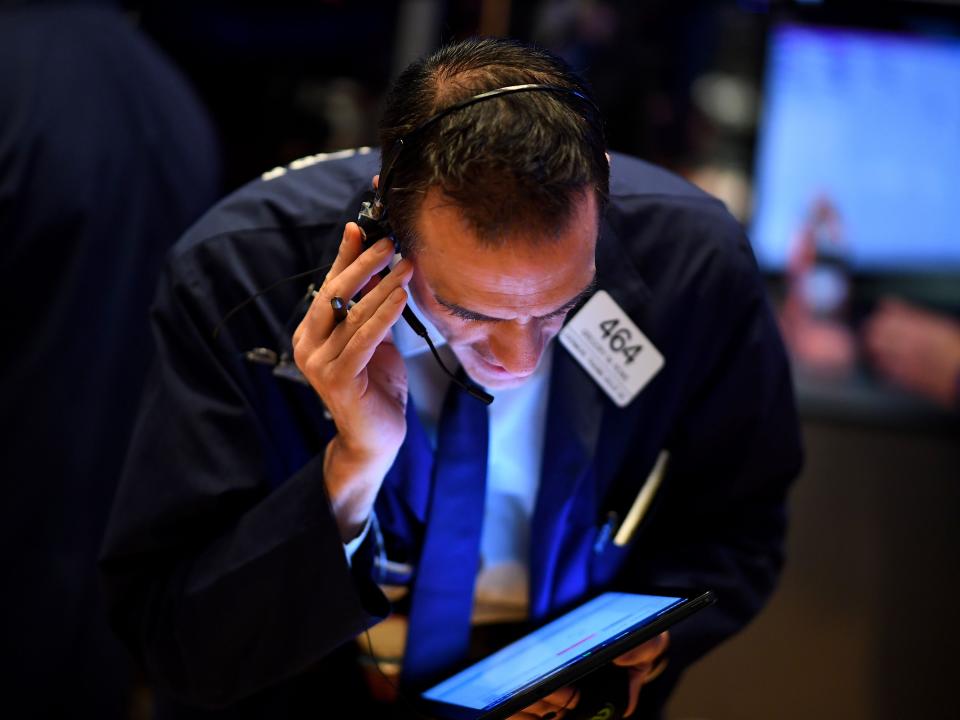Some traders say ChatGPT gives them out-of-date information and they waste time fact-checking

Big bank employees say they're running into issues using ChatGPT to make their jobs easier.
An oil trader said it gave her out-of-date information, negating the time saved, Bloomberg reported.
The likes of JPMorgan and Goldman have restricted their employees' use of the popular AI tool.
Like many others, some traders in financial markets are turning to ChatGPT to lighten their workload — but they're running into speed bumps using the artificial intelligence tool, according to a Bloomberg report.
Traders told Bloomberg they had used the popular AI chatbot to aid in their jobs, but found it had several limitations, such as having to spend a lot of time fact-checking and removing out-of-date information.
ChatGPT could have several applications for companies in financial markets, from providing overviews of investing strategies to providing stock picks.
But JPMorgan has limited use of ChatGPT among traders because it's worried that sharing sensitive financial information with the tool will ring regulators' alarm bells. Fellow Wall Street banks Citigroup and Goldman Sachs have also reportedly blocked use of the tool as part of automatic restrictions on third-party software.
It's concerns about accuracy, not leaked information, that's the stumbling block for the traders who spoke to Bloomberg. They appear to be using the tool to cut down on the more tedious aspects of their jobs, but fact-checking the information is, in part, making that redundant.
One oil trader found there was out-of-date information in the crude market outlook written by ChatGPT that had to be changed, per Bloomberg. And while one bank employee found it compiled an overview of a client in less time than an internet search would take, the info it gathered then had to be cross-checked.
"When we talk of high-accuracy task, it is worth mentioning that ChatGPT sometimes hallucinates and can generate answers that are seemingly convincing, but are actually wrong," Morgan Stanley analysts said last week.
"At this stage, the best practice is for highly educated users to spot the mistakes and use Generative AI applications as an augmentation to existing labor rather than substitution," they added.
A January study by Arizona State University also found ChatGPT was bad at math, scoring significantly below 60% accuracy when a professor gave it 1,000 mathematical word problems to solve.
Despite the potential drawbacks with the tool, Wall Street expects to see a shake-up from AI tech, which already underpins algorithmic trading.
Just over 50% of traders believe AI will be the technology that holds the biggest influence on future trading, a recent JPMorgan survey found — double the figure in the same survey carried out the year before.
Read the original article on Business Insider
